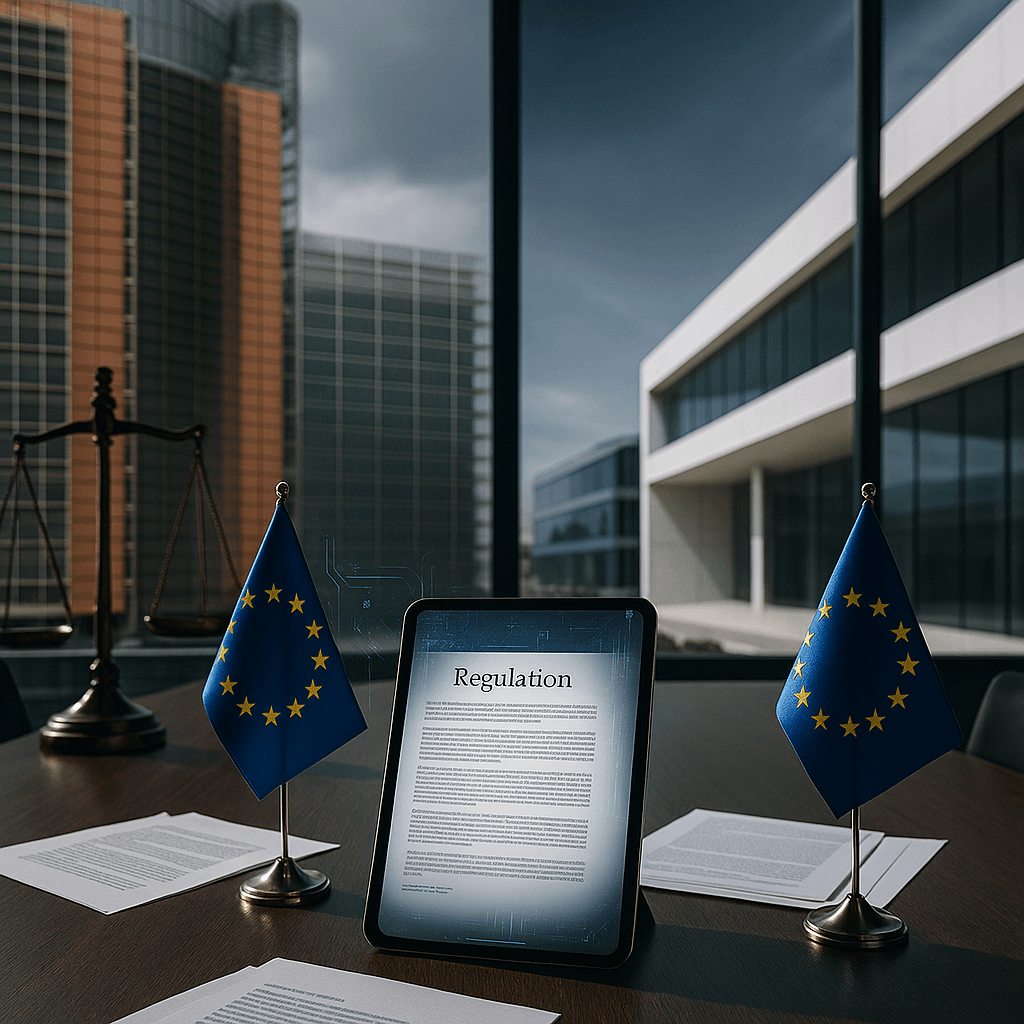Apple just dropped one of its most pointed regulatory critiques ever, releasing a scathing statement that details how the EU's Digital Markets Act is forcing the company to compromise user security and delay key features for European customers. The unusually blunt assessment comes as Apple faces mounting pressure to comply with DMA requirements while maintaining its ecosystem integrity.
Apple isn't holding back anymore. The company just released what might be its most direct regulatory criticism ever, systematically dismantling the EU's Digital Markets Act in a detailed statement that reads more like a legal brief than typical corporate communications.
The timing is telling. With DMA compliance deadlines looming and enforcement actions ramping up, Apple's choosing confrontation over quiet compliance. The statement, published on Apple's newsroom, doesn't mince words about what the company sees as regulatory overreach that's actively harming European consumers.
"Our teams still have not found a secure way to bring iPhone Mirroring to non-Apple devices without putting all the data on a user's iPhone at risk," the company states bluntly. That feature, which lets users seamlessly interact with their iPhone from their Mac, remains blocked in the EU while Apple's engineers search for compliance solutions that don't compromise security.
It's not just iPhone Mirroring. Apple's withholding Live Translation with AirPods from EU users, citing concerns about exposing private conversations to third-party developers. The feature uses on-device processing to keep conversations private, but DMA requirements for interoperability are creating what Apple calls "additional engineering challenges" that could expose user data to other companies.
The company's also delaying useful Maps features like Visited Places and Preferred Routes, which store location data locally. "So far, our teams haven't found a way to share these capabilities with other developers without exposing our users' locations - something we are not willing to do," Apple explains, drawing a clear line between regulatory compliance and user privacy.
But Apple's real frustration shows in its discussion of app marketplaces. For the first time, pornography apps are available on iPhone through alternative app stores - something Apple's never allowed on the App Store. The company specifically calls out "Hot Tub," a pornography app announced by AltStore, as an example of content now accessible to iPhone users, including children.
The security implications extend beyond content. Apple warns that EU users now face the same risks plaguing other platforms: "scams spread through fake banking apps, malware disguised as games, and third-party payment systems that overcharge them with no way to get their money back."












